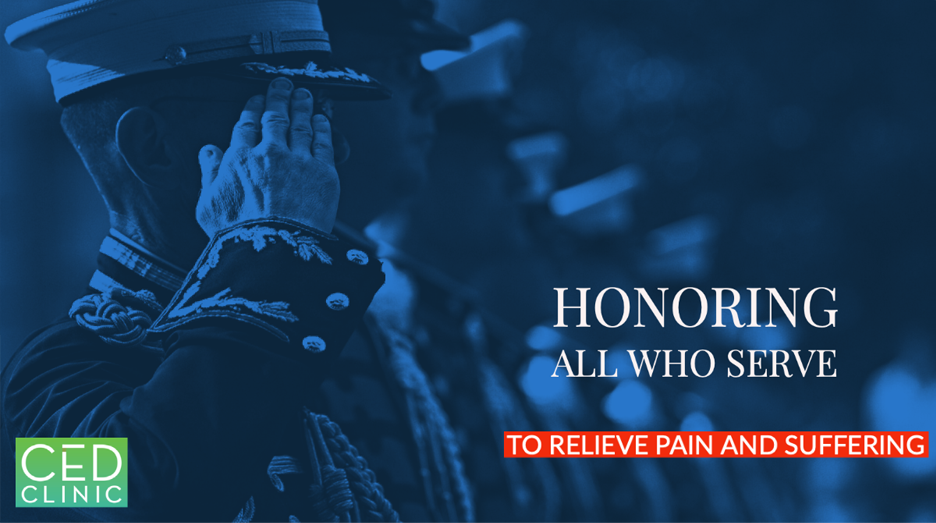How PTSD affects one’s social support system among veterans with cannabis dependence
Military personnel are at high risk for exposure to traumatic events and later development of post-traumatic stress disorder (PTSD), in addition to various challenges that affect their ability to cope with this mental health. One critical factor of mental health is one’s network of family, friends and social supports. Social support has been consistently shown to have an inverse association with PTSD symptoms – in other words, the stronger the support system and more social interactions one has, the less severe one’s symptom profile is likely to be; however, the direction of influence has not been agreed upon by experts. Is it the support system that is helping symptoms, or is it someone with reduced symptoms that can build stronger supports? Another example is substance use: Many veterans who suffer physically and/or emotionally or cognitively with the experiences of their service will resort to substances, both pharmaceuticals prescribed, as well as alcohol and other altering substances. One of the most common choices for relief is cannabis. Veterans’ use of cannabis helps to alleviate anxiety, reduce physical pain, and improve quality of sleep. But, the long term consequences of the use of cannabis on the conditions of suffering (and on social supports) are subject to disagreement and general controversy. Most importantly, factors like social support and substance use don’t act independently, but together influence veterans’ ability to recover from PTSD.
What Does the Research Show?
Research only recently began to shed light on the long-term relationship between PTSD symptoms and social support among veterans with cannabis dependence. Data in this study has suggested that in the studied group, PTSD symptoms that persisted over time tended to cause gradual erosion of relationships and friendships while existing support systems unfortunately were not a strong protective factor against this condition. However, when participants were sorted into 2 groups, one successfully abstained from cannabis during the duration of the study and one relapsed after their quit attempts, it was revealed that the decrease in social support due to PTSD was significant only among veterans who relapsed. Those who successfully abstained from cannabis did not experience as much trouble with relationships and friendships as predicted by the severity of their PTSD symptoms.
WHAT IS THIS REALLY SAYING?
There are several possible explanations: For one, veterans relying on cannabis as a coping mechanism found a satisfying degree of comfort or relief, and further withdrew from social interactions, which, in turn, may have worsened their symptoms and escalated both of their PTSD and dependence upon substance use. For another, the failed attempt at quitting itself might have worsened social support, as individuals with concurrent mental illness and substance use disorder often face more a more challenging social stigma.
TAKE AWAY
As we honor the remarkable souls among us who are willing to fight for country and constitution, we must also reflect on the suffering that many veterans face upon return from service. The adversity crosses systems, environments, and states of mind. Our veterans deserve our deep respect, as well as our compassion, understanding, and support.

